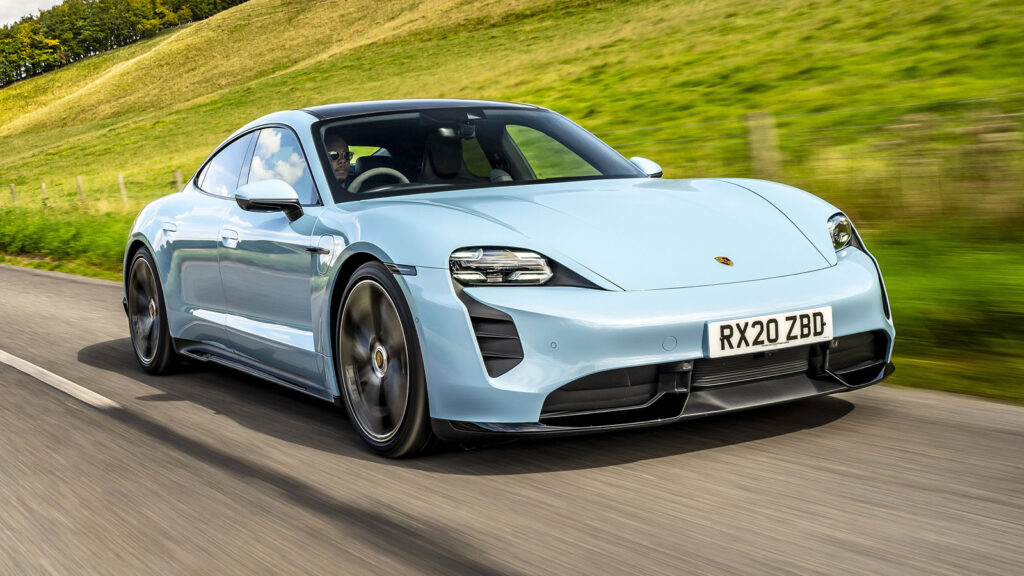How much range does one really need in an electric car? If you ask Porsche, the answer seems to be 1300 kilometers.

Porsche believes that within a few years, they will be able to produce electric cars with a range of over 1,300 km without using so-called solid-state batteries.
Porsche is actively developing this technology. They are working on optimizing the battery’s anodes.
A battery cell consists of three components – two electrodes and an electrolyte.
The positive electrode is called the cathode, and the negative electrode is called the anode.
A matter of material
Currently, graphite is used as the material for the anodes, but Porsche is developing silicon anodes.
Silicon can offer up to 10 times more capacity, which would mean that one could charge from 5 to 80 percent in less than fifteen minutes.
Easier said than done.
While this may sound like a magical recipe, it is not that simple.
Porsche has explained that silicon particles expand by 300 percent when they absorb lithium, which would reduce the battery’s lifespan.
For this reason, the German brand is developing anodes made of 80 percent silicon instead.
Furthermore, they plan to increase the amount of nickel in the cathodes, which would allow for higher charging power.
A significant increase
This development could lead to a range of over 1,300 kilometers, and future premium-oriented electric cars are expected to have a range that is 30 to 50 percent more than today.
Solid-state batteries are still on the agenda as well. Such batteries can offer 50 percent higher energy density and significantly faster charging.
The combination of ample range and rapid charging bodes well for the development of electric vehicles.
